
Critical Conversations:
An Oral History of the Cross-Cultural Center at California State University San Marcos
Empowerment

One of the core purposes of all of the Student Life Centers is to create spaces that support students through their academic journeys, ultimately achieving their fullest potential for academic success. The Cross-Cultural Center works across social identity groups in an intersectional manner, providing a space for dialogue, multicultural competency, and engagement with social justice and advocacy work. The CCC is also a space for students from social groups that aren’t represented by other Student Life Centers, and plays an important role as a surrogate center for those groups. (Arely Ramos discusses the contradictory nature of the CCC as both an intersectional place and a place for groups without identity-specific spaces.)
One way in which the CCC made an impact early in its existence was through the creation of a peer educator program. Peer educators were students that would focus on a specific community and would work with students from those communities to ensure their student success, especially through programming, outreach and creating a sense of belonging on campus. Peer educators often created and ran programs, and also took turns managing Café La Paz, a biweekly late night program that rotated among the Student Life Centers. (Arely Ramos, Diana Saldivar, and Jay Franklin describe their experiences as peer educators)
Another way the Cross-Cultural Center promoste student success is by growing students into engaged facilitators of activism and advocacy. Through workshops, programs, and dialogues students learn non-violent strategies for action, coalition building, and self-care. One of the most striking activities undertaken by the CCC was the creation of the Social Justice Summit, a multi-day retreat for undergraduate students that trains students in a social justice framework for campus leadership, community engagement, and change activism. (Chanel Bradley and Sara Sheikh-Arvizu recall their involvement with the Social Justice Summits.)